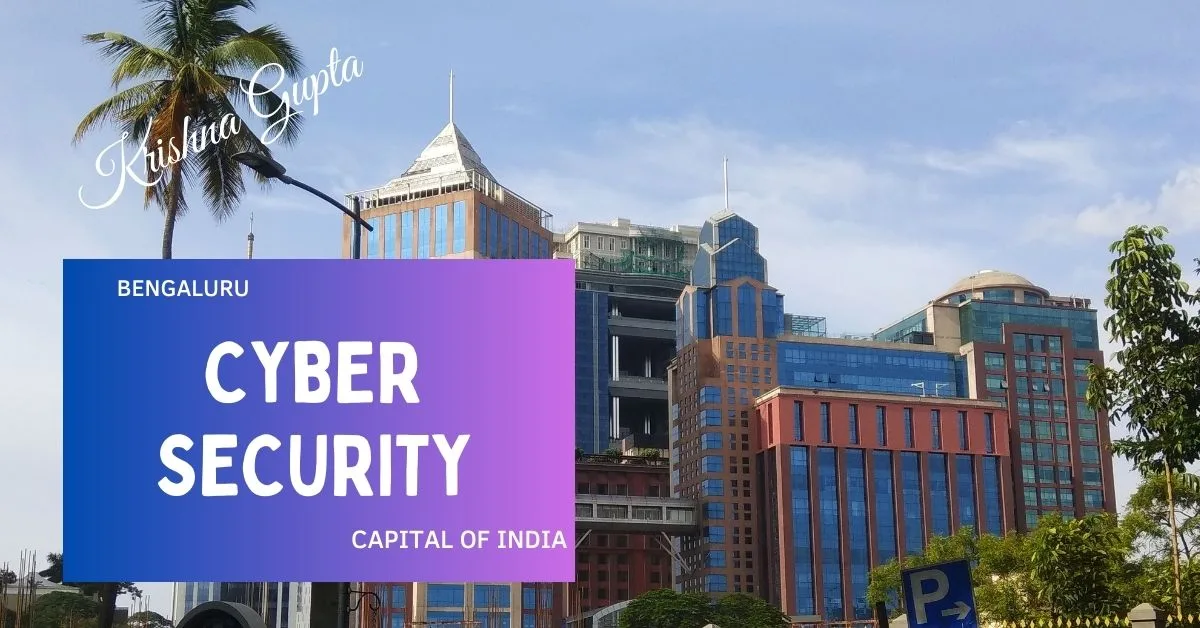Is Bengaluru the Cyber Security Capital of India?
Whether Bengaluru is the “Cyber Security Capital of India” is debated. It certainly has strong arguments in its favour, but other cities also compete to claim the title.
Arguments for Bengaluru:
- Largest IT hub in India: Bengaluru houses a large number of IT and ITES (Information Technology Enabled Services) companies, many of which focus on cybersecurity solutions and services.
- High concentration of cybersecurity talent: Bengaluru attracts a large pool of skilled cybersecurity professionals due to its numerous IT companies and universities offering cybersecurity programs.
- Significant cybersecurity companies are present: Global cybersecurity giants like Symantec, McAfee, and Palo Alto Networks have offices in Bengaluru, further strengthening their cybersecurity ecosystem.
- Government initiatives: The Government of Karnataka has taken several initiatives to promote cybersecurity in the state, including setting up the Karnataka Cyber Security Centre of Excellence.
- Startup ecosystem: Bengaluru is a breeding ground for cybersecurity startups, fostering innovation in the field.
Arguments against Bengaluru:
- Other cities with solid cybersecurity presence: Cities like Hyderabad, Pune, and Chennai also have a significant presence of IT and cybersecurity companies, challenging Bengaluru’s dominance.
- Limited focus on R&D: While Bengaluru has a strong talent pool, there might be a lack of resources dedicated to cybersecurity research and development compared to other global hubs.
- Infrastructure challenges: Bengaluru faces traffic congestion and high living costs, which could hinder its growth as a cybersecurity hub.
Conclusion:
While Bengaluru has strong credentials to be considered the Cyber Security Capital of India, it faces competition from other cities with a growing cybersecurity presence. Ultimately, the title would depend on specific criteria and how each city is evaluated.
Here are some additional factors to consider:
- The number of cybersecurity events and conferences held in each city.
- Investment in cybersecurity research and development initiatives.
- The quality of cybersecurity education offered by universities and training institutes.
- The level of government support and funding for cybersecurity initiatives.
A holistic view of these factors would provide a more comprehensive understanding of which city truly deserves the title “Cyber Security Capital of India.”
